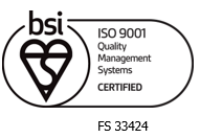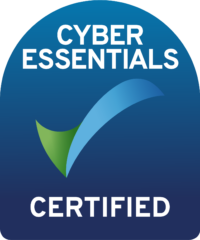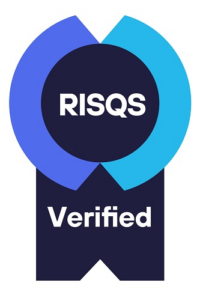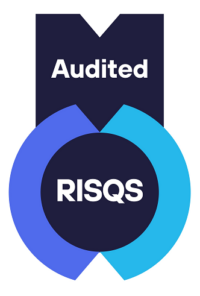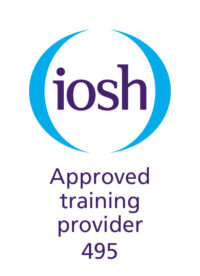The railway industry is a complex and highly regulated sector that plays a pivotal role in the UK Economy. To ensure safety, efficiency, and reliability, railway operators rely on a network of suppliers who provide various goods and services. The Railway Industry Supplier Qualification Scheme (RISQS) is a vital component of this industry, offering a standardised way to assess and approve suppliers. In this article, we will explore the key requirements of RISQS and the significance of supplier qualification in the railway industry.
Understanding RISQS
The Railway Industry Supplier Qualification Scheme, (RISQS), is a centralised platform used by major railway organisations in the UK, such as Network Rail and Transport for London, to evaluate and pre-qualify suppliers. It serves as a critical link between railway operators and suppliers, ensuring that only competent and reliable companies are allowed to provide goods and services within the railway sector.
Key Requirements of RISQS
- Health and Safety Compliance
- Quality Management Systems
- Competency and Training
- Environmental Responsibility
- Financial Stability
- Ethical Practices
- Security and Cybersecurity
- Rail-Specific Requirements
Health and Safety Compliance:
Suppliers must demonstrate a commitment to health and safety standards. This includes having robust safety policies, procedures, and practices in place.
Compliance with relevant health and safety legislation is paramount. Suppliers are required to prove that they are familiar with and adhere to industry-specific regulations.
Quality Management Systems (QMS)
Suppliers should implement effective quality management systems (QMS) that adhere to ISO 9001 or similar standards. A well-documented QMS ensures consistent product or service quality.
Continuous improvement is essential. Suppliers must show that they actively seek to enhance their processes and products.
Competency and Training:
Suppliers must maintain a skilled and competent workforce. This involves providing appropriate training and development opportunities to employees.
Evidence of employee competence, including certifications and qualifications, is often required.
Environmental Responsibility:
Railway suppliers are expected to be environmentally responsible. This includes minimising their environmental impact and adhering to environmental laws and regulations.
Sustainability initiatives such as reducing energy consumption and waste management may also be evaluated.
Financial Stability:
Suppliers must demonstrate financial stability to ensure they can fulfil their contractual obligations. This involves providing financial statements and evidence of insurance coverage.
Adequate insurance is critical to protect against potential liabilities.
Ethical Practices:
Ethical considerations are becoming increasingly important in supplier qualification.
Companies must adhere to ethical business practices, including anti-corruption measures and fair labour practices.
Suppliers may also be evaluated for their commitment to diversity and inclusion.
Security and Cybersecurity:
In the digital age, cybersecurity is a top priority. Suppliers may need to demonstrate robust cybersecurity measures to protect sensitive data and infrastructure.
Security clearances and access controls may be necessary for certain roles.
Rail-Specific Requirements:
Depending on the nature of the goods or services provided, suppliers may need to meet specific railway industry requirements. This could include safety-critical certifications or specialised training.
Summary
The Railway Industry Supplier Qualification Scheme (RISQS) plays a crucial role in maintaining the safety, reliability, and efficiency of the railway industry. Meeting the requirements of RISQS is not only a mark of competence but also opens doors to business opportunities within the sector. Suppliers that adhere to these stringent standards contribute to the overall success of the railway industry by ensuring that passengers and goods are transported safely and efficiently.
If you would like to understand more, then please email enquiries@fpaconsulting.co.uk

